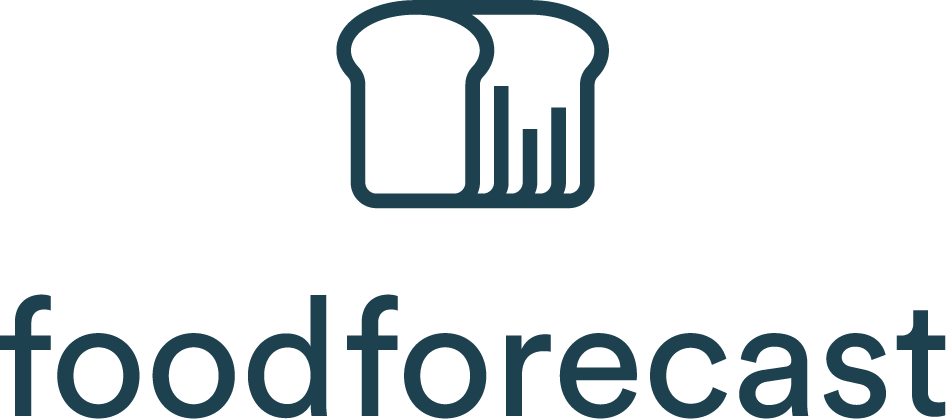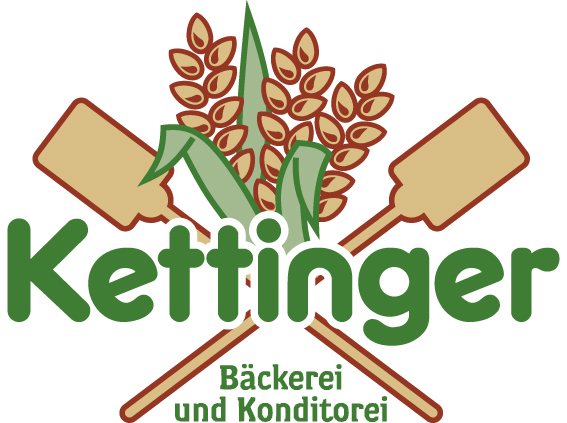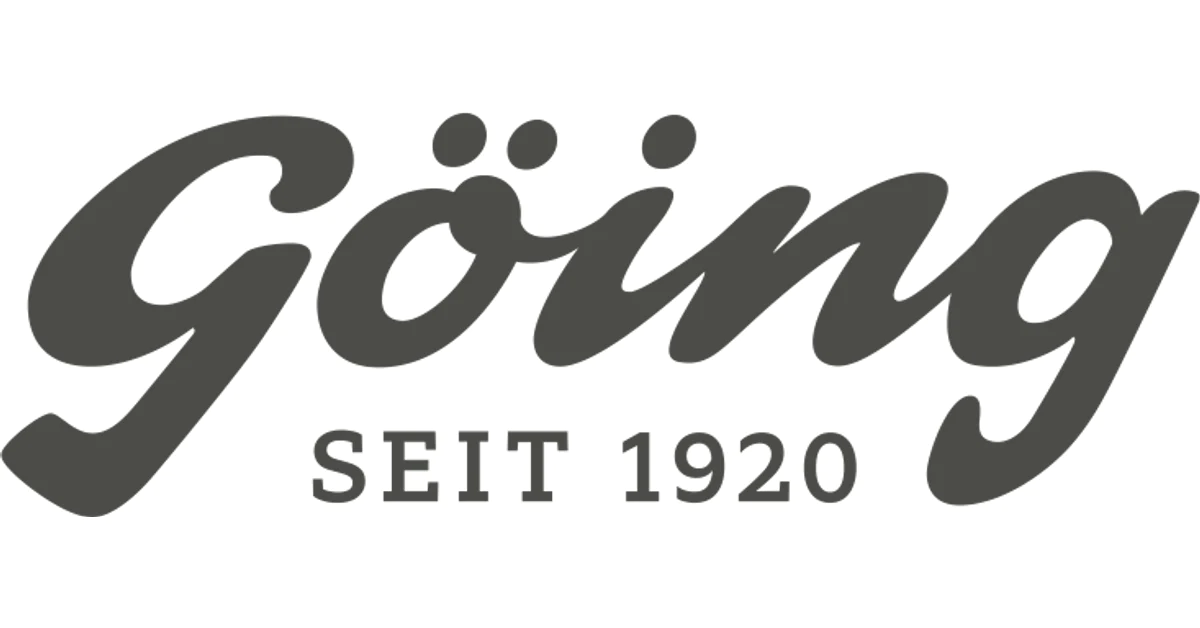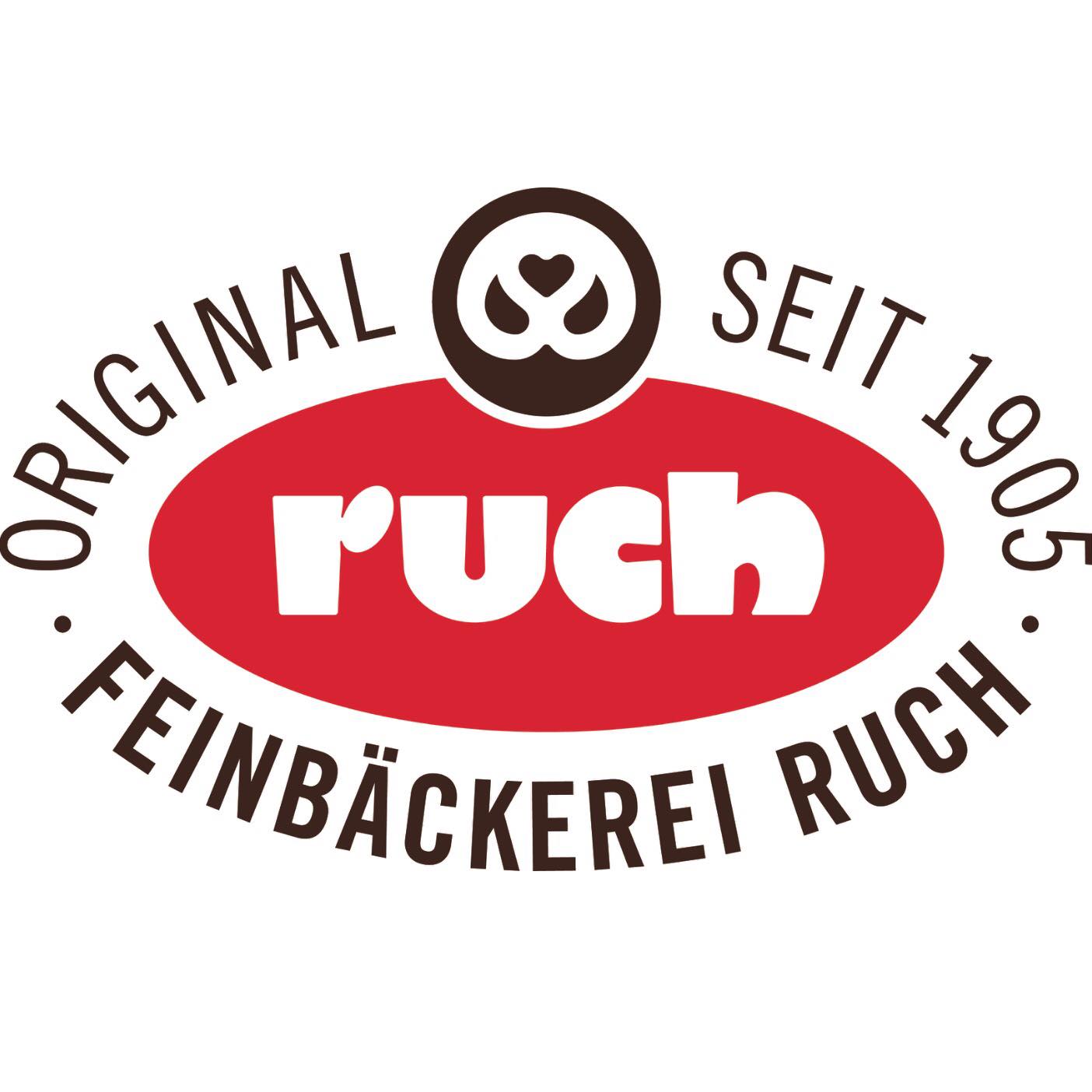Liebe Blogleserinnen und -leser,
nach meinem Überblick über die Anwendungsgebiete von Künstlicher Intelligenz im letzten Blogartikel #3, möchte ich mit diesem Artikel daran anschließen und ein Anwendungsgebiet von Künstlicher Intelligenz genauer beleuchten: den Einsatz von Künstlicher Intelligenz in der Lebensmittelproduktion. Neben Produktivitäts- und Effizienzsteigerungen bietet der Einsatz von Künstlicher Intelligenz in der Lebensmittelproduktion vor allem die großartige Chance, den Lebensmittelabfall zu reduzieren. Jedes Jahr fallen in Deutschland 12 Mio. t Lebensmittelabfall an. 18% davon entfallen auf die Verarbeitung von Lebensmitteln. Künstliche Intelligenz kann helfen, das zu ändern und die Lebensmittelverschwendung zu reduzieren.
Die Voraussetzungen für den Einsatz von Künstlicher Intelligenz in der Lebensmittelproduktion sind ideal. In der Lebensmittelindustrie gelten strenge gesetzliche Regeln. Dies führt dazu, dass überdurchschnittlich viele produkt- und prozessbezogene Daten generiert werden.
Für den Einsatz von KI-Software können zwei Handlungsfelder identifiziert werden: Erstens geht es um die Verbesserung der Planbarkeit von Wertschöpfungsstufen und die Qualität von Produktionsprozessen. Zweitens geht es um die Optimierung der Wertschöpfungsketten an sich sowie die vereinfachte Kommunikation der einzelnen Wertschöpfungspartner untereinander, um die Ressourceneffizienz zu steigern. Im Folgenden stelle ich euch einige Projekte und Unternehmen vor, die sich diesen Handlungsfeldern bereits angenommen haben:
REIF- ressource-efficient, economic and intelligent foodchain – dieses Projekt wird von der Hochschule Augsburg in einem gemeinsamen Konsortium mit zahlreichen Partnern aus Wissenschaft, Produktion und Einzelhandel geführt. Ziel ist es, die gesamte Lebensmittel-Wertschöpfungskette mit Hilfe von Künstlicher Intelligenz plan- und steuerbar zu machen. Durch den so entstehenden intelligenten Datenaustausch sollen Überproduktion und Ausschuss reduziert oder bestenfalls sogar ganz vermieden werden. Der Einsatz soll v.a. bei schnell verderblichen Rohstoffen erfolgen, wie sie z.B. in Molkereien oder Bäckereien anfallen. Im Handel plant das Projekt z.B. KI-gesteuerte Preissenkungen, wenn das Mindesthaltbarkeitsdatum bald überschritten wird. So können nach und nach die Verluste in der Beschaffung und im Verkauf optimiert werden.
Auch das Projekt EVAREST versucht mit Hilfe von Künstlicher Intelligenz Lebensmittelverschwendung zu reduzieren. Hierzu werden Daten über Nachfrage, Qualität, Transport und Rohstofflieferungen gesammelt und der KI zur Verfügung gestellt.
Das Unternehmen SPRK.global hat sich darauf konzentriert, bereits produzierte Lebensmittel zu retten. Eine KI-gesteuerte Distributionstechnologie soll helfen, überschüssige Lebensmittel umzuverteilen. Die Umverteilung findet an gemeinnützige Organisationen und an kommerzielle Anbieter statt.
Bei foodable wird Künstliche Intelligenz genutzt, um Lebensmittelverschwendung bei der Einkaufsplanung zu vermeiden. Über die Kochapp können alle Zutaten bestellt werden. Dabei berücksichtigt die App, welche Zutaten noch vorrätig sind. Folglich kaufen die Nutzer nur noch das, was sie wirklich brauchen.
Auch foodforecast verfolgt das Ziel, Künstliche Intelligenz für mehr Nachhaltigkeit in der Lebensmittelproduktion einzusetzen. Die Künstliche Intelligenz von foodforecast erstellt täglich eine Verkaufsprognose für Bäckereien. In der Verkaufsprognose berücksichtigt die KI zahlreiche interne und externe Faktoren, die die Filialleiterin selber nicht in ihren Bestellprozess einfließen lassen könnte. Die Bestellung ist dadurch viel nachfrageorientierter, sodass weniger Backwaren am Ende des Tages in der Tonne landen müssen. Mehr zu unserem KI-gestützten Backplan erfahrt ihr auf unserer Website 😊.
Leider schöpft der Einsatz von Künstlicher Intelligenz in der Lebensmittelproduktion noch lange nicht sein riesiges Potential aus, um den Lebensmittelabfall zu reduzieren. Umso wichtiger ist es, dass Start-ups wie foodforecast aktiv unterstützt werden, um unsere Welt nachhaltiger zu machen.
Letzte Beiträge
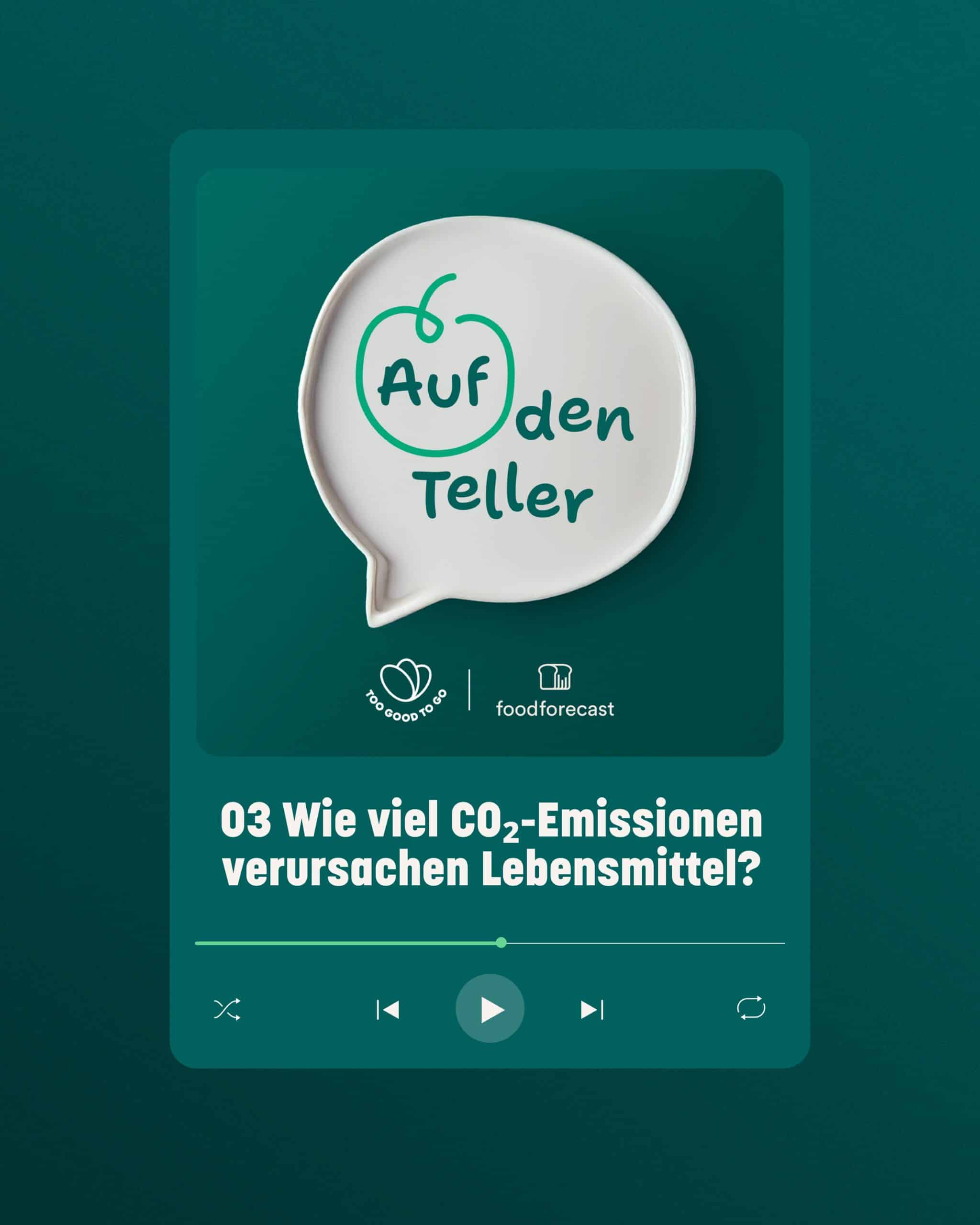
🌍 Lebensmittelverschwendung & Klimawandel – Wie groß ist der Einfluss wirklich? ♻️🔥
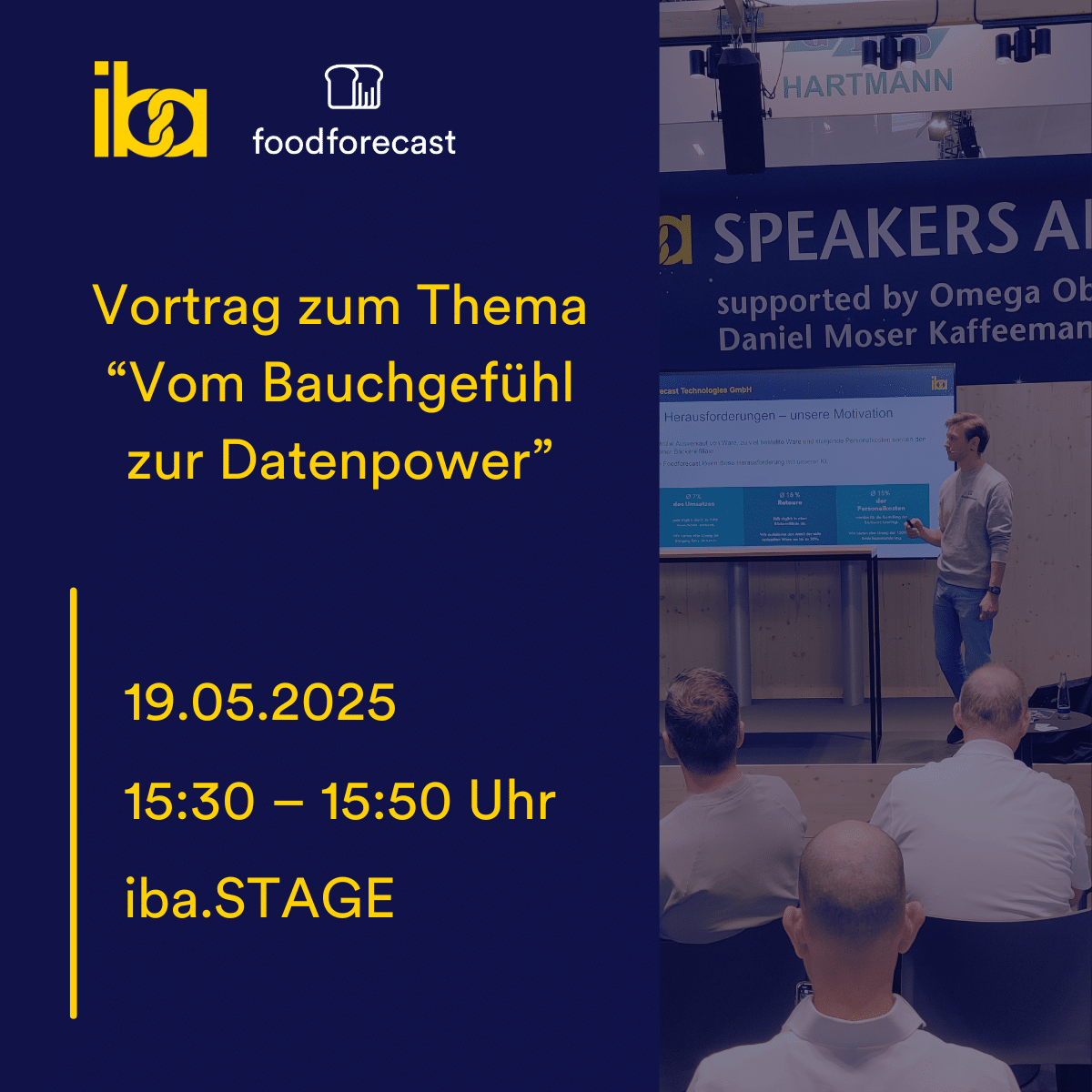
Unser Vortrag auf der iba.TRADE FAIR 🎤

👋 Meet the Team: Nina aus dem Bereich Customer Success 🤝

Save the date! 📢

🚨 Lebensmittelverschwendung: Ein Problem mit vielen Ursachen 🚨
Rückruf anfordern
Gerne rufen wir Sie zeitnah zurück, um mit Ihnen persönlich zu sprechen
